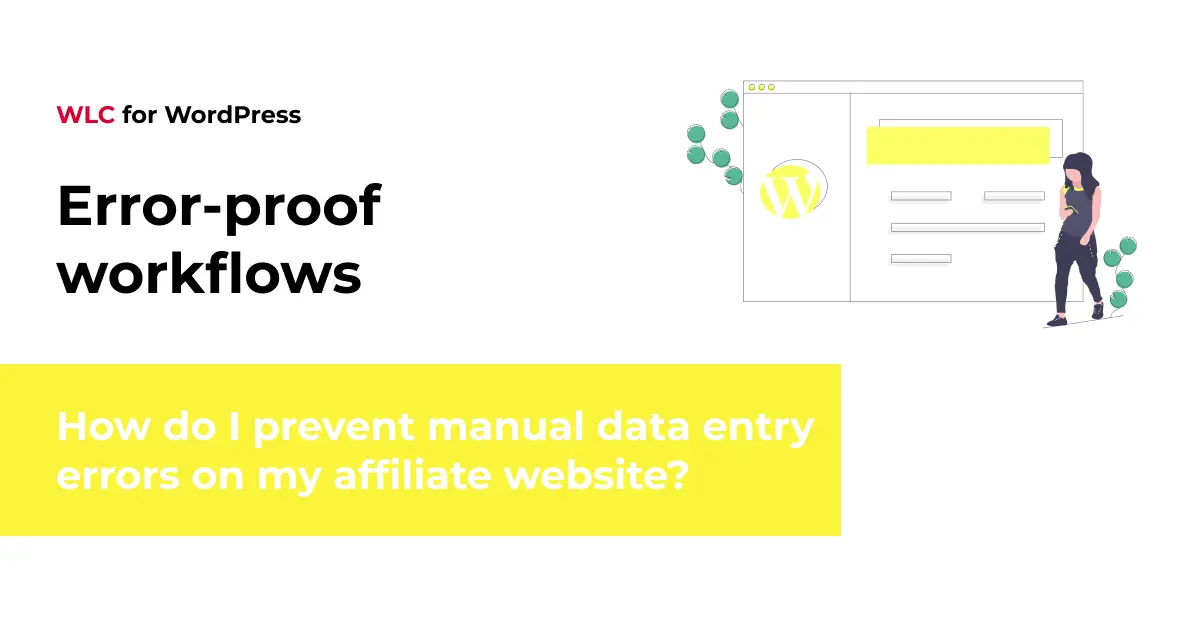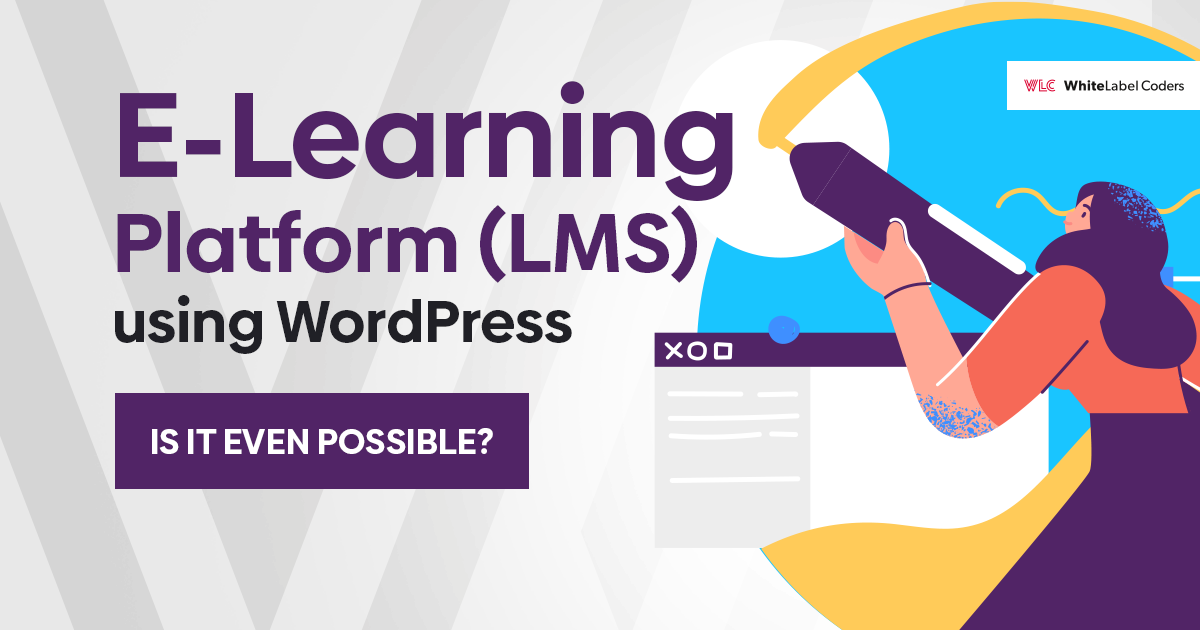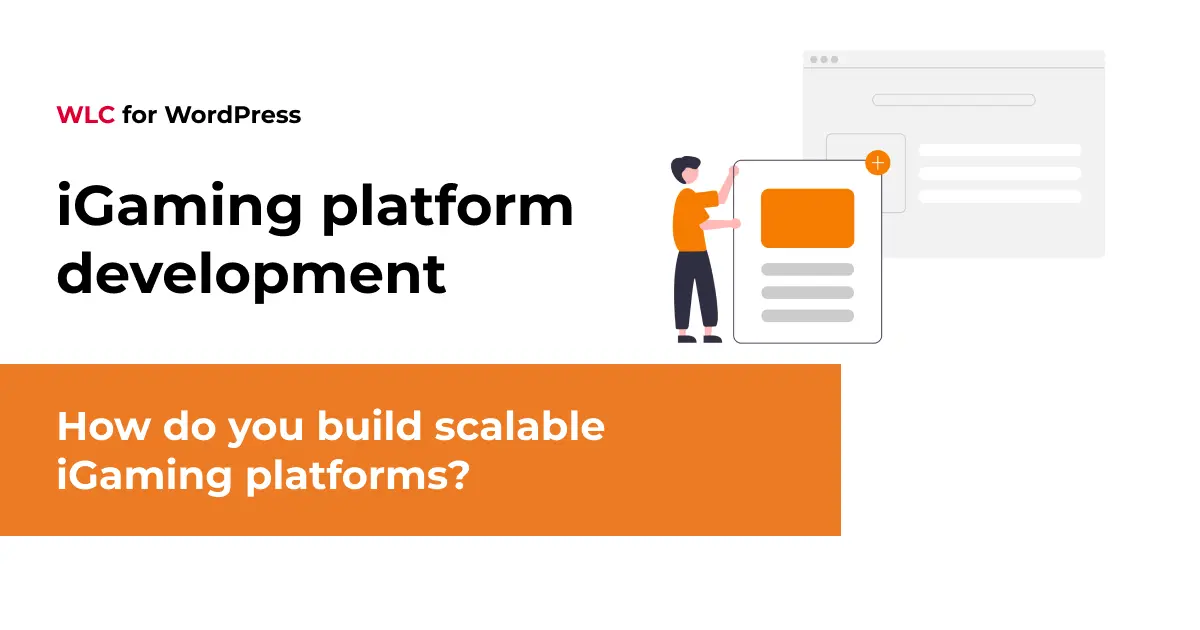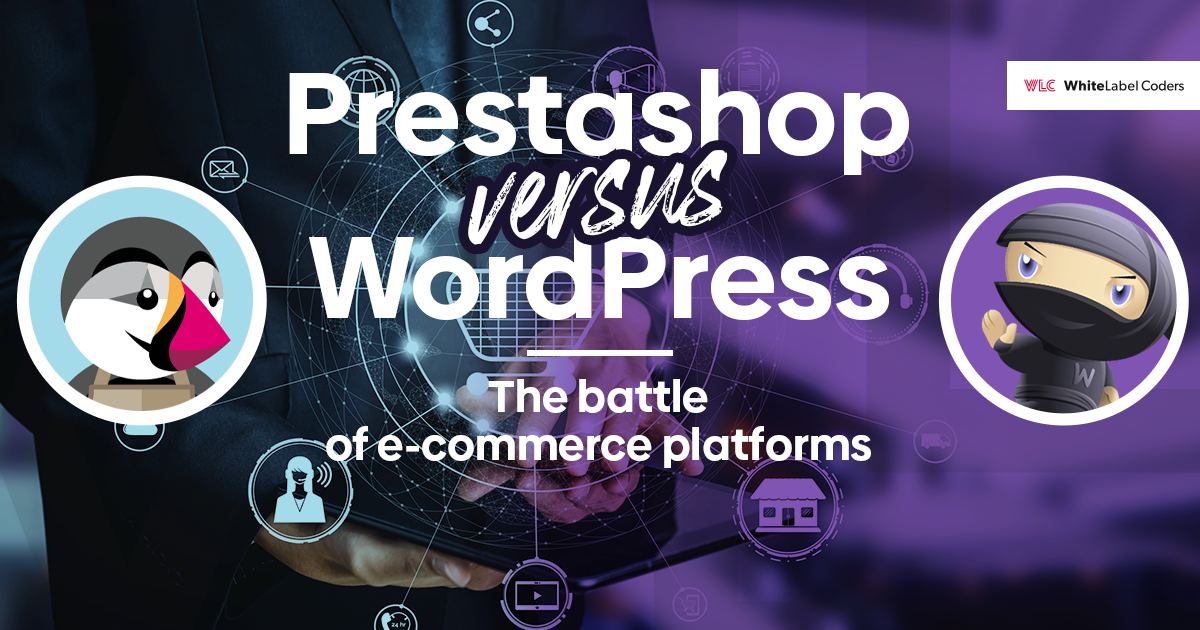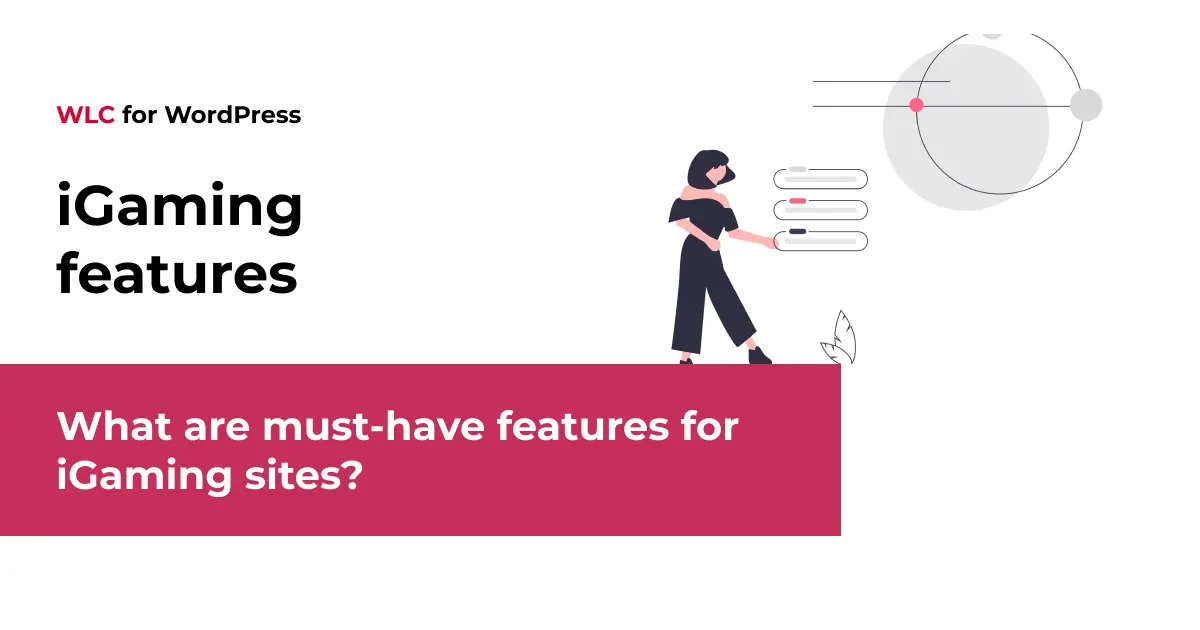Category: WooCommerce / WordPress
What is the difference between WordPress and WooCommerce?
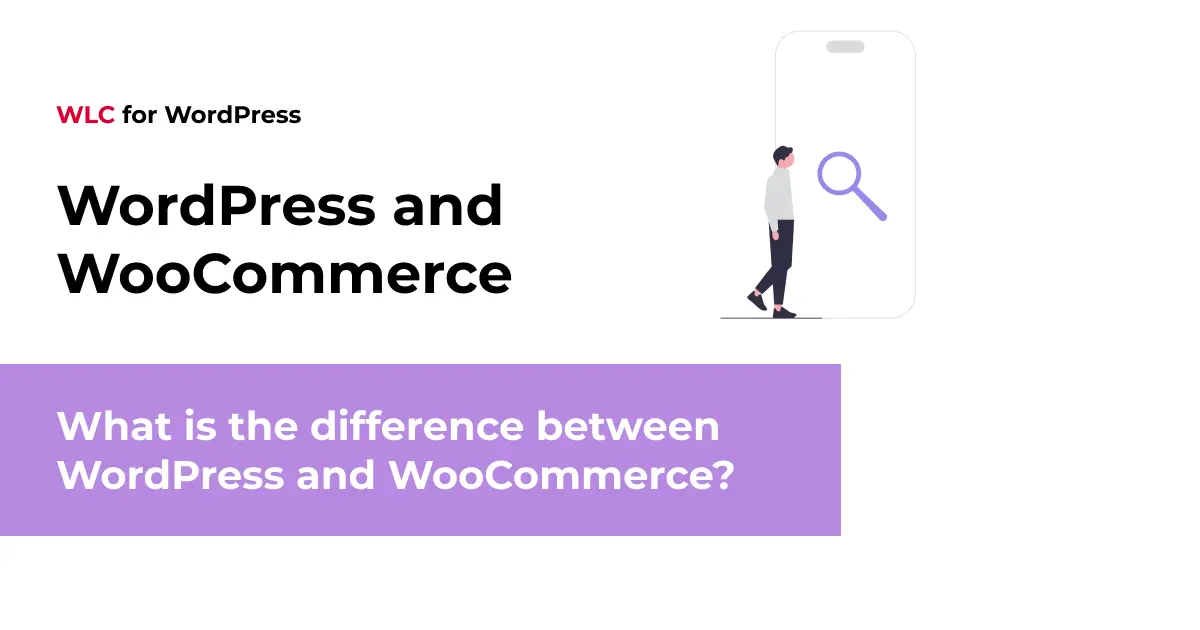
Ever wondered why some websites seem to effortlessly sell products whilst others simply showcase information? The secret often lies in the platform powering them. If you’ve delved into creating an online presence, you’ve likely encountered WordPress and WooCommerce—two names that frequently appear together yet serve distinct purposes. But what exactly sets them apart, and when should you use one over the other? Let’s unravel this digital conundrum together.
Understanding the basics: What are WordPress and WooCommerce?
Before diving into their differences, let’s establish what these tools actually are. WordPress is a content management system (CMS) that powers approximately 43% of all websites on the internet. It began life in 2003 as a blogging platform but has evolved into a versatile foundation for virtually any type of website.
WooCommerce, on the other hand, is a plugin specifically designed for WordPress. Launched in 2011 and later acquired by Automattic (the company behind WordPress.com), WooCommerce transforms a standard WordPress site into a fully-functional online shop.
Think of WordPress as the foundation of a house—it provides the essential structure. WooCommerce would then be a specialised extension that transforms part of that house into a shop. You can’t have WooCommerce without WordPress, but you can certainly have WordPress without WooCommerce.
WordPress explained: The world’s leading content management system
At its core, WordPress is a sophisticated yet user-friendly platform that allows anyone to create and manage website content without needing to write code. It’s like having a digital workshop where you can build anything from a simple blog to a complex business website.
WordPress offers:
- A user-friendly dashboard for managing content
- Thousands of themes to control your site’s appearance
- Plugins to extend functionality
- SEO-friendly structure
- Flexible content types including pages, posts, and custom content
What makes WordPress truly remarkable is its adaptability. Whether you’re a photographer seeking to showcase your portfolio, a restaurant needing to display menus, or a corporation requiring a robust company website, WordPress provides the foundation. This versatility explains why it’s the platform of choice for everything from The New York Times blog to small personal websites.
WordPress is like a Swiss Army knife for websites—it contains all the basic tools you need, with the ability to add specialised attachments when required.
What is WooCommerce and how does it relate to WordPress?
WooCommerce represents the natural evolution of WordPress into the e-commerce sphere. As a plugin, it integrates seamlessly with WordPress, adding specific features needed to run an online shop. Our team at WooCommerce development specialists has seen firsthand how this powerful tool transforms standard websites into thriving online businesses.
When installed on a WordPress site, WooCommerce adds:
- Product pages with detailed options (variations, pricing, inventory)
- Shopping cart functionality
- Secure checkout processes
- Payment gateway integrations
- Shipping options and calculators
- Order management systems
- Customer accounts
WooCommerce itself can be further extended with additional plugins specific to e-commerce needs, such as advanced shipping calculators, subscription services, or marketplace functionalities. This extensibility allows it to scale from a small boutique selling handmade items to large enterprises processing thousands of orders daily.
The technical relationship
From a technical perspective, WooCommerce operates as a subordinate to WordPress. It creates custom post types (products), taxonomies (product categories), and database tables to manage e-commerce functionality whilst relying on WordPress for the content management infrastructure, user authentication, and core website capabilities.
Key differences between WordPress and WooCommerce
| Aspect | WordPress | WooCommerce |
|---|---|---|
| Primary Purpose | General content management and website creation | E-commerce functionality |
| Status | Standalone platform/CMS | Plugin that requires WordPress |
| Core Functionality | Content creation, user management, media handling | Product management, shopping cart, checkout, orders |
| Use Cases | Blogs, portfolios, corporate sites, informational websites | Online shops, digital product sales, service bookings |
| Learning Curve | More straightforward, focused on content | Steeper, includes product setup, payment gateways, etc. |
The fundamental distinction lies in their purpose: WordPress is a complete website platform, whilst WooCommerce is a specialised tool for selling. You might compare WordPress to a mobile phone, and WooCommerce to a payment app on that phone—the app adds specific functionality, but it can’t exist independently of the phone.
When should you use WordPress without WooCommerce?
WordPress shines as a standalone platform in numerous scenarios. You likely don’t need WooCommerce if your primary goals involve:
- Content publication: For blogs, news sites, or magazines focused on sharing articles, WordPress alone provides everything needed.
- Portfolio showcases: Photographers, artists, and designers can beautifully display their work using WordPress themes specifically designed for visual presentation.
- Corporate presence: Companies requiring an informational website with service details, team members, and contact information are well-served by WordPress without e-commerce capabilities.
- Educational resources: Course outlines, academic information, and learning materials can be effectively organised using WordPress’s content management features.
Even if you have minor transactional needs, alternatives to WooCommerce might be more appropriate. For instance, if you only need to sell a few digital products or accept donations, simpler WordPress plugins might suffice without the full complexity of WooCommerce.
Have you considered whether your website truly needs full e-commerce capabilities? Sometimes a simple payment button or form is all that’s required, particularly for service-based businesses or those with limited product offerings.
When is WooCommerce the right solution for your WordPress site?
WooCommerce becomes essential when selling products or services is a core function of your website. Our experience with WooCommerce development projects has shown that it’s the ideal solution when:
- You need to sell physical products with inventory management
- Your business offers digital downloads with controlled access
- You require multiple payment gateway options
- Customers need to create accounts and view order history
- You plan to offer product variations (sizes, colours, etc.)
- Tax and shipping calculations are important to your business model
- You need detailed reports on sales performance
The decision to implement WooCommerce should be based on a thorough assessment of your business requirements. Ask yourself: Will e-commerce be central to my site’s purpose, or merely an occasional function? Do I need comprehensive product management capabilities, or simply a way to accept payments? For B2B businesses or high-volume e-commerce operations, WooCommerce can be configured to handle complex order workflows, tiered pricing, and customer-specific catalogs. With custom development, it can also integrate directly with ERP, CRM, and warehouse management systems—streamlining operations far beyond the basic shopping cart.
Signs you’re ready for WooCommerce
Consider implementing WooCommerce when:
- You have more than a handful of products to sell
- Your customers expect a familiar shopping cart experience
- You need to manage stock levels
- Your business requires order tracking and management
- You want to provide customers with shipping options
Bringing it all together: The WordPress and WooCommerce ecosystem
The beauty of the WordPress-WooCommerce relationship lies in its harmonious integration. WordPress provides the robust foundation—handling users, content, media, and the basic website structure—whilst WooCommerce adds the specialised e-commerce layer when needed.
This ecosystem approach offers several advantages:
- Scalability: Start with a basic WordPress site and add WooCommerce when your business is ready to sell online
- Unified management: Maintain your blog, informational pages, and shop from a single dashboard
- Consistent design: Keep brand consistency across both content and shopping areas
- Shared resources: Utilise the same hosting, domain, and technical infrastructure
Understanding the difference between WordPress and WooCommerce allows you to make informed decisions about your website’s structure and capabilities. WordPress serves as your digital foundation, whilst WooCommerce extends that foundation with specialised e-commerce tools when needed.
Whether you’re looking to establish a content-focused website or build a comprehensive online shop, the WordPress-WooCommerce ecosystem offers the flexibility to create exactly what your business needs. At White Label Coders, our experienced team can help you navigate these options, implementing the perfect combination of WordPress and WooCommerce functionality for your specific requirements.
Wondering if your next project needs a full e-commerce solution or just a simple WordPress site? Our team of WooCommerce development experts can help you assess your needs and implement the perfect solution for your business goals.
Whether you’re migrating from another e-commerce platform or building from the ground up, we ensure your store is optimised for performance, security, and future growth – so it can scale as your business does, without costly re-platforming. Let’s talk.

